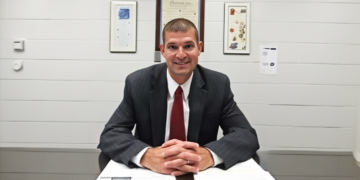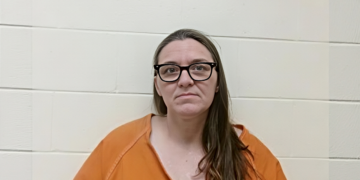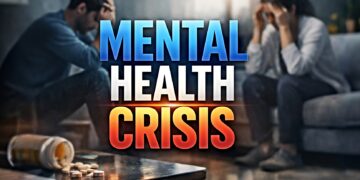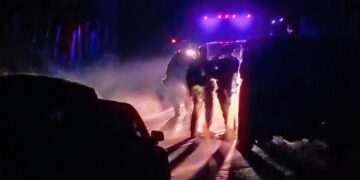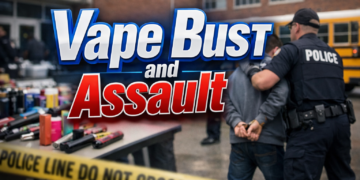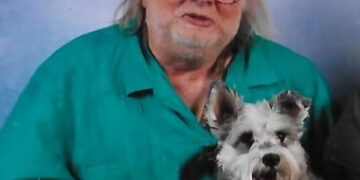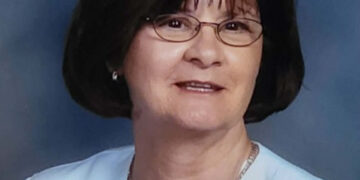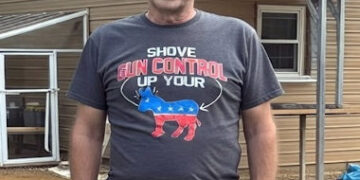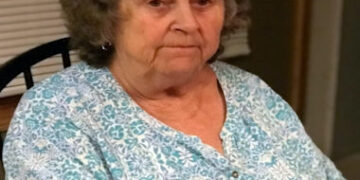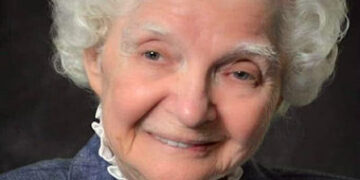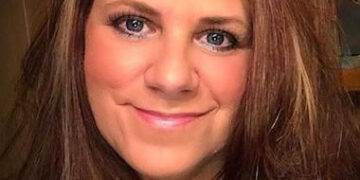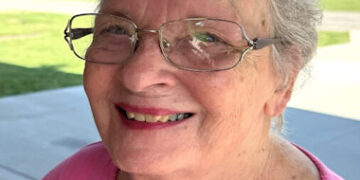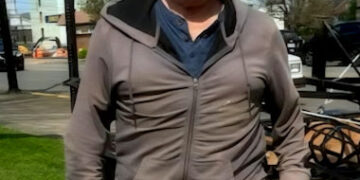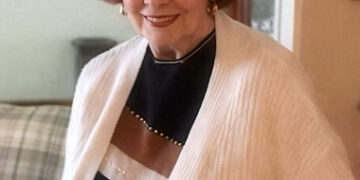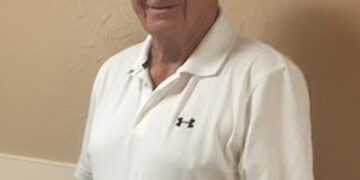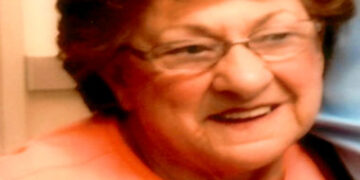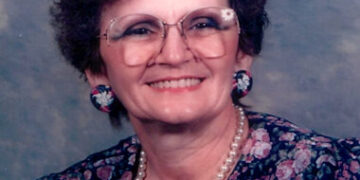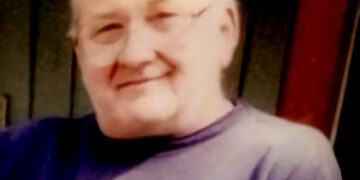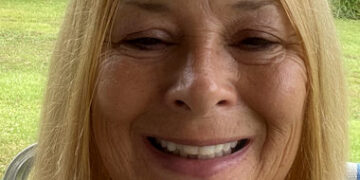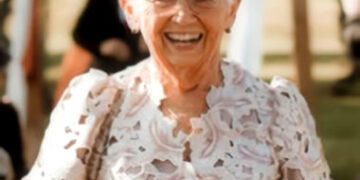Ohioans may be wearing fabric masks for a year. Dr. Amy Acton says it’s all part of the plan to exit the lockdown. Governor Mike DeWine called COVID-19 a “monster” as cases rose to nearly 7,000. He also announced new rules for reporting cases in nursing homes and banned Pennsylvanians from shopping at sate liquor stores. Here are the major points of Monday’s update:
COVID-19 Numbers
- Cases Presumed – 6,975
- Cases Confirmed – 6,881
- Hospitalizations – 2, 033
- Currently Hospitalized – 898
- ICU Admissions – 613
- Deaths Presumed – 274
- Deaths Confirmed – 268
- 46 counties have had deaths
Ohio Department of Health Director Dr. Amy Acton said Ohio’s numbers are staying fairly steady.
“We’re staying very flat. It’s still tough out there, especially in congregate settings like nursing homes and prisons.”
She said to date that 65,000 tests have been done in Ohio. Ohio currently tests only the sickest individuals. The actual number of cases is likely much higher.
Governor Mike DeWine said that many companies are looking to bring rapid result antibody testing to the state. These tests show who has already caught and recovered from Coronavirus. He issued a warning:
“I want to caution all companies to make sure that what they are purchasing are FDA emergency use authorization approval. Use only companies that are listed on the FDA websites as approved.”
DeWine also announced that Ohio had received 8.8 million in federal funding for hospital capacity build out. That amount is 1/3 of what the state originally thought it would need. However, due to the state’s success at flattening the curve, fewer were needed. The state will also get money to purchase 2,000 ventilators and 5 million N95 masks.
Nursing Homes Must Report Cases
Governor DeWine has ordered nursing homes and long-term care facilities to report positive test results for COVID-19 in both staff members and residents. That information will be made available on the state’s Coronavirus site.
Facilities will have 24 hours to make the report and family members of residents will be notified.
Dr. Acton said, “We’ve known all along that nursing homes were going to be an issue. I wanna tell folks, proceed with caution. It’s not the fault of the nursing home. When a nursing home has an outbreak, there’s a lot of stigma. There’s a lot of fear. We want to reach out to these facilities. We want to give them our love and support. This is not a blame game. We have to get away from that.”
Liquor Stores For Ohioans Only
Customers who want to buy alcohol at state liquor stores in Ashtabula, Trumbull, Mahoning, Columbiana, Jefferson, and Belmont Counties will need to prove they are from Ohio.
All customers must show a valid Ohio photo ID or a valid military photo ID for a person in active duty status
Governor Dewine said, “There have been repeated complaints from chiefs of police from that part of the state about people coming in from Pennsylvania.” Pennsylvania has closed all liquor stores. West Virginia also requires customers to prove they are from the state.
“Any other time we’d love have visitors. but at this time, those who are coming in are creating a health hazard.”
We May Be Wearing Masks For A Year
Getting Ohio out of lockdown won’t be easy. In fact, we may all be wearing masks for another year.
Dr. Acton said, “”We are not going back. We are not flipping a switch to go back the way we were before.”
She held up a fabric mask and said we should get used to seeing them. “These masks are being viewed as a weapon to get back to normalcy. We are going to be looking at a year of using these in a new way. Keep making them. Having access to them is going to be important. Ohio, don the mask. Don your cape.”
Governor DeWine said, “Part of what has to happen before we can really get back is that people have to have confidence. I just got off a call with the Vice President and most of the Governors. We’re getting advice from a lot of different people. We spent a good part of this weekend working on what the next steps will be.”
Dr. Acton said that she’s working on putting together an epidemiological workforce that can be deployed to virus hotspots to do rapid testing. “They will be key to us being able to control this virus from really getting out of hand.
DeWine said, “We’re all in this together. We’re all trying to figure it out. This is a work in progress. We all want to get back to work. We all want to get back to normal. But we also have this monster out there that is working. And will continue to try to pick members of our society off.”


